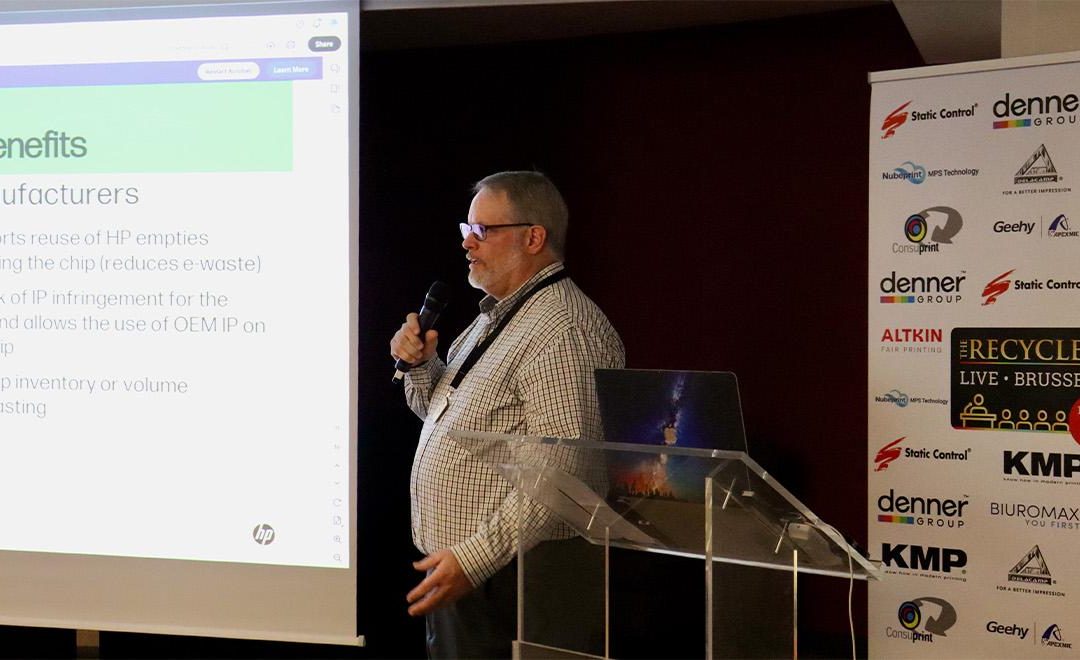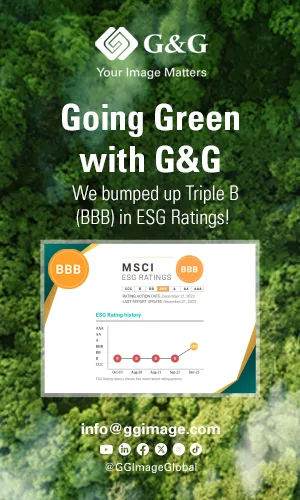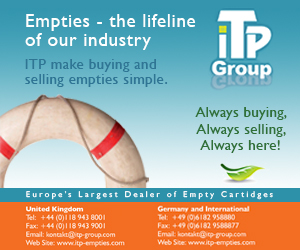Since the United Kingdom voted to leave the European Union in 2016, businesses across the country have struggled to adapt to the new trade environment.
While the UK government has touted the benefits of Brexit, many companies that rely on selling goods and services into Europe are experiencing significant challenges. Brexit is not working for UK companies selling into Europe, from customs paperwork to supply chain disruptions.
According to the British Chambers of Commerce, (BCC):
- More than three quarters (77%) of firms, for which the Brexit deal is applicable, say it isnot helping them increase sales or grow their business
- More than half (56%) of firms face difficulties adapting to the new rules for trading goods
- Almost half (45%) face difficulties adapting to the new rules for trading services, and a similar number (44%) report difficulties obtaining visas for staff
Businesses across the UK have been vocal in highlighting the difficulties they face. One of the most significant issues is the new customs requirements.
Before Brexit, companies could ship goods to EU countries with minimal paperwork, thanks to the Single Market and Customs Union. However, since the UK left the EU, companies must complete customs declarations for all goods exported to Europe. This has created significant delays and added costs, with many companies hiring new staff or outsourcing customs compliance work.
In addition to customs issues, UK companies selling into Europe are facing supply chain disruptions. Some companies have struggled to obtain the raw materials and components they need to manufacture their products. This is because many UK suppliers have been unable to navigate the new trade rules, and some EU suppliers have stopped selling to the UK altogether. As a result, some companies find it difficult to fulfil orders, leading to lost business and revenue.
Another problem is the uncertainty around future trade agreements. While the UK government has signed a free trade agreement with the EU, this only covers goods that meet specific rules of origin criteria. This means that many UK companies must now prove that their goods are of UK origin, which can be difficult for those that rely on imported components. Furthermore, there is still no clarity on future trade arrangements with non-EU countries, causing concern for companies that depend on exports to markets such as the United States and China.
The BCC has called for the UK government to take action to address these issues.
Its top proposals for quick action are:
- Create a supplementary deal with the EU which either eliminates or reduces the complexity of exporting food for SMEs.
- Establish a supplementary deal, like Norway’s, that exempts smaller firms from the requirement to have a fiscal representative for VAT in the EU
- Allow CE marked goods and components to continue to be used in Great Britain after 2024.
- Make side deals with the EU and member states to allow UK firms to travel for longer and work in Europe.









